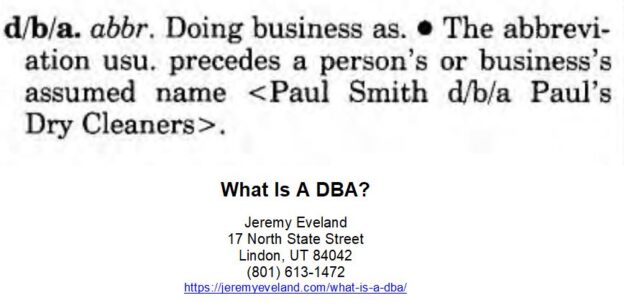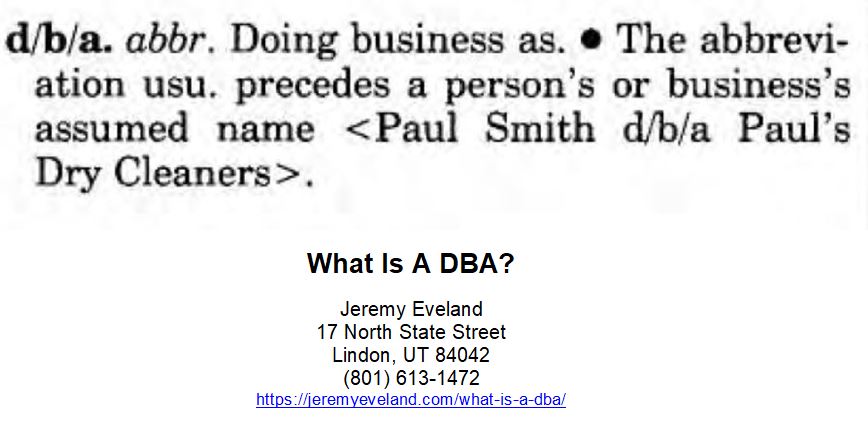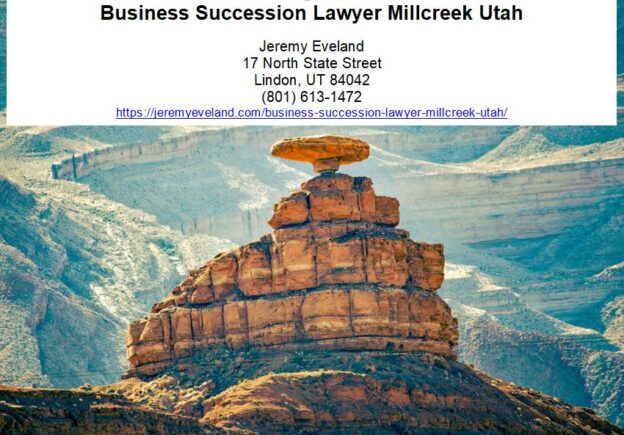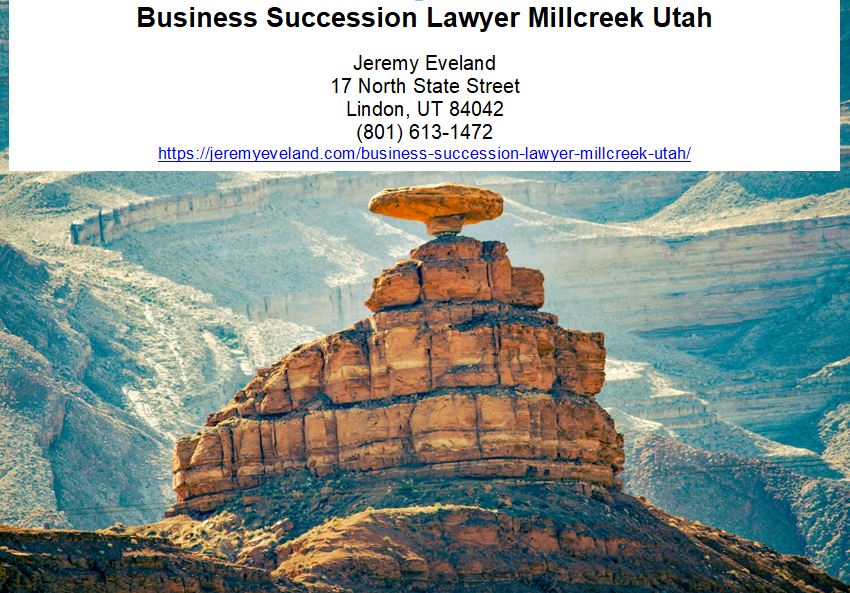Legal Requirements to Start a Business
“Secure your future: Know the legal requirements to start a business.”
Introduction
Starting a business can be an exciting and rewarding experience, but it is important to understand the legal requirements that come with it. Depending on the type of business you are starting, there may be different legal requirements that you must meet in order to operate legally. These requirements can include registering your business, obtaining licenses and permits, and complying with tax laws. It is important to understand the legal requirements for your business before you start, as failure to do so can result in costly fines and penalties. This guide will provide an overview of the legal requirements to start a business, so you can ensure that your business is compliant with all applicable laws.
What are the Legal Requirements to Create a Business Plan?
Creating a business plan is an important step in the process of starting a business. It is a document that outlines the goals and objectives of the business, as well as the strategies and tactics that will be used to achieve them. A business plan should also include a financial plan, which outlines the expected costs and revenues associated with the business.
In order to create a business plan, there are certain legal requirements that must be met. These requirements vary depending on the type of business and the jurisdiction in which it is located. Generally, the following legal requirements must be met:
1. Business Registration: Depending on the type of business, it may be necessary to register the business with the relevant government agency. This is usually done through the local chamber of commerce or other business registration office.
2. Licensing: Depending on the type of business, it may be necessary to obtain a license or permit from the relevant government agency. This is usually done through the local chamber of commerce or other licensing office.
3. Taxation: Depending on the type of business, it may be necessary to register for taxation purposes. This is usually done through the local tax office.
4. Insurance: Depending on the type of business, it may be necessary to obtain insurance coverage. This is usually done through an insurance broker or agent.
5. Business Plan: A business plan should be written in a professional manner and should include a detailed description of the business, its goals and objectives, its strategies and tactics, and its financial plan.
By following these legal requirements, entrepreneurs can ensure that their business plans are compliant with the relevant laws and regulations. This will help to ensure that the business is successful and that it is able to meet its goals and objectives.
What are the Legal Requirements to Register a Business Name (DBA)?
Registering a business name, also known as a Doing Business As (DBA) name, is a legal requirement in most states. The process of registering a DBA name varies by state, but generally requires the following steps:
1. Check the availability of the desired business name. Most states require that the name be unique and not already in use by another business.
2. File a DBA application with the appropriate state agency. This application will typically require information such as the business name, type of business, and the owner’s name and address.
3. Pay the applicable filing fee. Fees vary by state, but are typically a few hundred dollars.
4. Publish a notice of the DBA filing in a local newspaper. This is typically required in order to provide public notice of the business name registration.
5. Obtain any necessary business licenses or permits. Depending on the type of business, additional licenses or permits may be required in order to legally operate.
Once the above steps have been completed, the business name is officially registered and the business can begin operating under the new name.
What are the Legal Requirements to Start a Partnership?
Starting a partnership requires careful consideration and planning. It is important to understand the legal requirements and implications of forming a partnership.
First, it is important to create a partnership agreement. This document should outline the rights and responsibilities of each partner, as well as the terms of the partnership. This agreement should be signed by all partners and should be kept on file.
Second, it is important to register the partnership with the appropriate government agency. Depending on the jurisdiction, this may be the state or federal government. This registration will provide the partnership with a legal identity and will allow it to enter into contracts and other legal agreements.
Third, it is important to obtain any necessary licenses or permits. Depending on the type of business, there may be certain licenses or permits required in order to operate legally.
Finally, it is important to understand the tax implications of forming a partnership. Partnerships are subject to certain taxes, such as income tax, and it is important to understand the requirements and implications of these taxes.
By understanding the legal requirements of forming a partnership, business owners can ensure that their partnership is properly established and compliant with all applicable laws.
What are the Legal Requirements to Start a Limited Liability Company (LLC)?
Forming a Limited Liability Company (LLC) is a popular way to structure a business. LLCs offer the limited liability protection of a corporation, but with the flexibility and pass-through taxation of a partnership. To form an LLC, there are certain legal requirements that must be met.
First, the LLC must be registered with the state in which it will operate. This involves filing Articles of Organization with the Secretary of State or other designated agency. The Articles of Organization must include the name of the LLC, the purpose of the LLC, the address of the LLC, the name and address of the registered agent, and the name and address of each organizer.
Second, the LLC must create an Operating Agreement. This document outlines the rights and responsibilities of the members, the management structure, and the rules for running the business. It is important to note that the Operating Agreement is not filed with the state, but is kept by the LLC for internal use.
Third, the LLC must obtain any necessary licenses and permits. Depending on the type of business, the LLC may need to obtain a business license, a sales tax permit, or other permits.
Finally, the LLC must comply with all applicable federal, state, and local laws. This includes filing taxes, paying payroll taxes, and following any other regulations that apply to the business.
By following these legal requirements, an LLC can be formed and operated in compliance with the law.
What are the Legal Requirements to Start a Corporation?
Starting a corporation requires a few steps to ensure that the business is legally compliant. The following are the legal requirements to start a corporation:
1. Choose a Name: The first step is to choose a name for the corporation. The name must be distinguishable from any other existing business names and must include a corporate designator such as “Inc.” or “Corp.”
2. File Articles of Incorporation: The next step is to file the Articles of Incorporation with the state. This document outlines the purpose of the corporation, the number of shares it is authorized to issue, and the names and addresses of the incorporators.
3. Obtain an Employer Identification Number (EIN): An EIN is a unique nine-digit number assigned by the Internal Revenue Service (IRS) to identify a business for tax purposes.
4. Create Corporate Bylaws: Corporate bylaws are the rules and regulations that govern the internal operations of the corporation. They should include provisions for meetings, voting, and other corporate matters.
5. Issue Stock Certificates: The corporation must issue stock certificates to its shareholders. The certificates should include the name of the corporation, the number of shares issued, and the name of the shareholder.
6. Comply with State and Local Laws: The corporation must comply with all applicable state and local laws, including those related to taxes, licensing, and zoning.
By following these steps, a corporation can be legally established and begin operations.
How do I Start a Non-Profit Corporation?
Starting a non-profit corporation can be a rewarding and fulfilling experience. It is important to understand the legal requirements and steps necessary to form a non-profit corporation.
1. Choose a Name: The first step in forming a non-profit corporation is to choose a name for the organization. The name must be distinguishable from any other existing business or organization. It is important to check with the Secretary of State to ensure that the name is available.
2. File Articles of Incorporation: The next step is to file the Articles of Incorporation with the Secretary of State. This document outlines the purpose of the organization, the name, and the address of the organization. It also includes the names and addresses of the directors and officers of the organization.
3. Obtain an Employer Identification Number (EIN): An EIN is a unique nine-digit number assigned by the Internal Revenue Service (IRS) to identify a business entity. This number is required for filing taxes and opening a bank account.
4. Create Bylaws: Bylaws are the rules and regulations that govern the organization. They outline the duties and responsibilities of the directors and officers, as well as the procedures for holding meetings and voting.
5. Apply for Tax-Exempt Status: To be eligible for tax-exempt status, the organization must meet certain criteria set forth by the IRS. This includes filing Form 1023, which is an application for recognition of exemption.
6. Open a Bank Account: Once the organization has been approved for tax-exempt status, it is important to open a bank account in the organization’s name. This will allow the organization to accept donations and manage its finances.
7. Obtain Licenses and Permits: Depending on the type of organization, there may be additional licenses and permits required. It is important to research the requirements for the specific type of organization.
By following these steps, you can successfully start a non-profit corporation. It is important to understand the legal requirements and to consult with an attorney if necessary. With the right planning and preparation, you can create a successful non-profit organization.
How do I Start a Church Organization?
Starting a church organization can be a rewarding and fulfilling experience. It requires careful planning, dedication, and commitment. Here are some steps to help you get started:
1. Establish a Vision and Mission Statement: Before you begin, it is important to establish a clear vision and mission statement for your church organization. This will help guide your decisions and ensure that your organization is focused on its purpose.
2. Choose a Name: Choose a name for your church organization that reflects your mission and vision. This will help you create a recognizable brand and will be used for all of your marketing and promotional materials.
3. Create a Constitution: Create a constitution for your church organization that outlines the purpose, structure, and rules of the organization. This document should be reviewed and approved by all members of the organization.
4. Obtain Legal Status: Once you have established your organization, you will need to obtain legal status. This will involve filing paperwork with the state and/or federal government.
5. Develop a Budget: Develop a budget for your church organization that outlines the expected income and expenses. This will help you manage your finances and ensure that your organization is financially stable.
6. Recruit Volunteers: Recruit volunteers to help with the day-to-day operations of your church organization. This will help ensure that your organization is able to meet its goals and objectives.
7. Promote Your Organization: Promote your church organization through various channels such as social media, print media, and word of mouth. This will help you reach a wider audience and attract more members.
By following these steps, you can start a successful church organization. With dedication and commitment, you can create an organization that will make a positive impact in your community.
How do I Begin a Sole Proprietorship Business?
Starting a sole proprietorship business is a relatively straightforward process. It is important to understand the legal and financial implications of operating as a sole proprietor before beginning the process.
1. Choose a Business Name: The first step is to choose a business name. The name should be unique and should not be similar to any existing business names. It is important to check with the local government to ensure that the name is not already in use.
2. Obtain Licenses and Permits: Depending on the type of business, it may be necessary to obtain licenses and permits from the local, state, and federal government. It is important to research the requirements for the specific type of business and to obtain the necessary licenses and permits.
3. Open a Business Bank Account: It is important to open a separate business bank account to keep personal and business finances separate. This will make it easier to track business expenses and income.
4. Register with the IRS: It is important to register with the IRS as a sole proprietor. This will allow the business to pay taxes and to receive any applicable tax deductions.
5. Obtain Business Insurance: Depending on the type of business, it may be necessary to obtain business insurance. This will protect the business from any potential liabilities.
By following these steps, it is possible to begin a sole proprietorship business. It is important to understand the legal and financial implications of operating as a sole proprietor before beginning the process.
Q&A
1. What legal requirements must I meet to start a business?
The legal requirements to start a business vary depending on the type of business you are starting and the jurisdiction in which you are operating. Generally, you will need to register your business with the relevant government agency, obtain any necessary licenses or permits, and comply with any applicable laws and regulations. You may also need to obtain insurance, open a business bank account, and register for taxes.
2. What type of business structure should I choose?
The type of business structure you choose will depend on the type of business you are starting and the goals you have for your business. Common business structures include sole proprietorships, partnerships, limited liability companies (LLCs), and corporations. Each structure has its own advantages and disadvantages, so it is important to research and understand the implications of each before making a decision.
3. Do I need to register my business with the government?
Yes, in most cases you will need to register your business with the relevant government agency. This process typically involves filing paperwork and paying a fee. Depending on the type of business you are starting, you may also need to obtain additional licenses or permits.
4. Do I need to obtain insurance for my business?
Yes, in most cases you will need to obtain insurance for your business. The type of insurance you need will depend on the type of business you are starting and the risks associated with it. Common types of business insurance include general liability, property, and workers’ compensation insurance.
5. Do I need to open a business bank account?
Yes, it is generally recommended that you open a separate business bank account for your business. This will help you keep your personal and business finances separate and make it easier to track your business’s income and expenses.
6. Do I need to register for taxes?
Yes, you will need to register for taxes with the relevant government agency. Depending on the type of business you are starting, you may need to register for income tax, sales tax, and/or payroll tax.
7. What other legal requirements do I need to be aware of?
In addition to the requirements mentioned above, you may need to comply with other laws and regulations depending on the type of business you are starting. This could include laws related to labor, health and safety, environmental protection, and consumer protection.
8. Where can I find more information about legal requirements for starting a business?
You can find more information about legal requirements for starting a business by researching the relevant laws and regulations in your jurisdiction. You can also consult with a lawyer or accountant who specializes in business law for more specific advice.
New Business Consultation
When you need legal help starting a new business, call Jeremy D. Eveland, MBA, JD (801) 613-1472 for a consultation.
Jeremy Eveland
17 North State Street
Lindon UT 84042
(801) 613-1472
Related Posts
Do I Need A Permit To Start A Business In Utah?
Business Succession Lawyer Draper Utah
Business Contract Lawyer Salt Lake City
What Is The Difference Between Corporate And Commercial Law?
Business Contract Lawyer West Valley City
Business Lawyer West Jordan Utah
Irrevocable Life Insurance Trusts
What Is The Purpose Of A Business Attorney?
Business Transaction Lawyer Provo Utah























